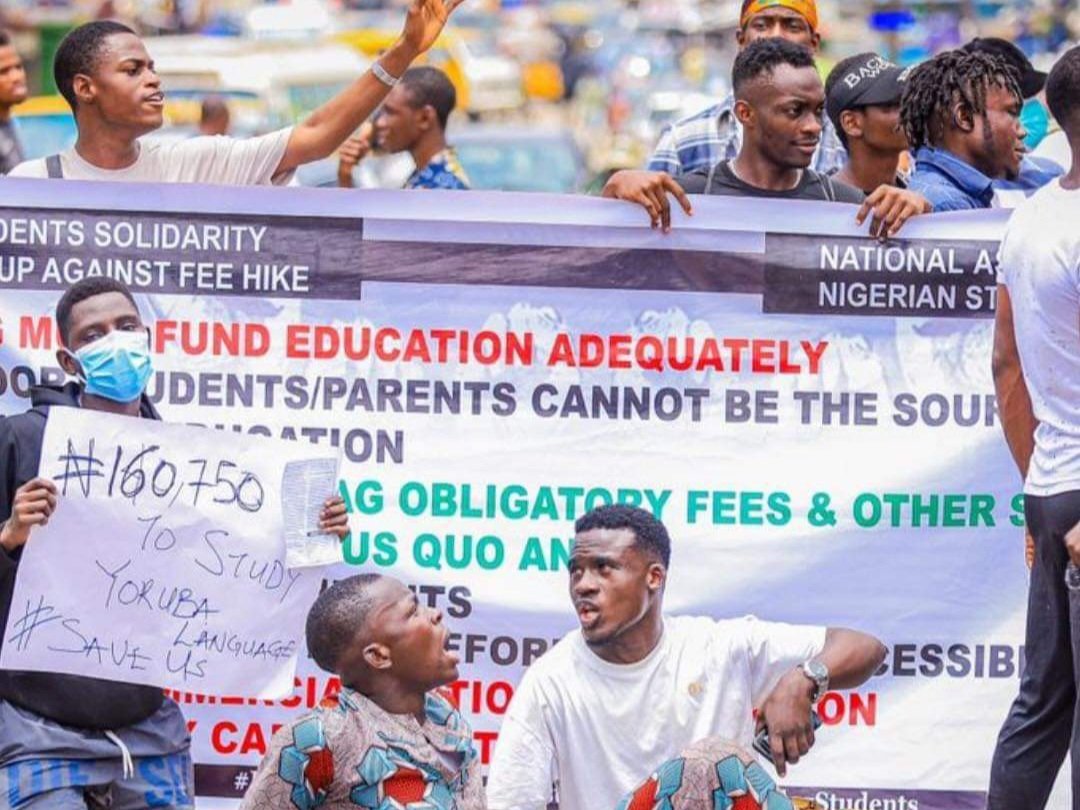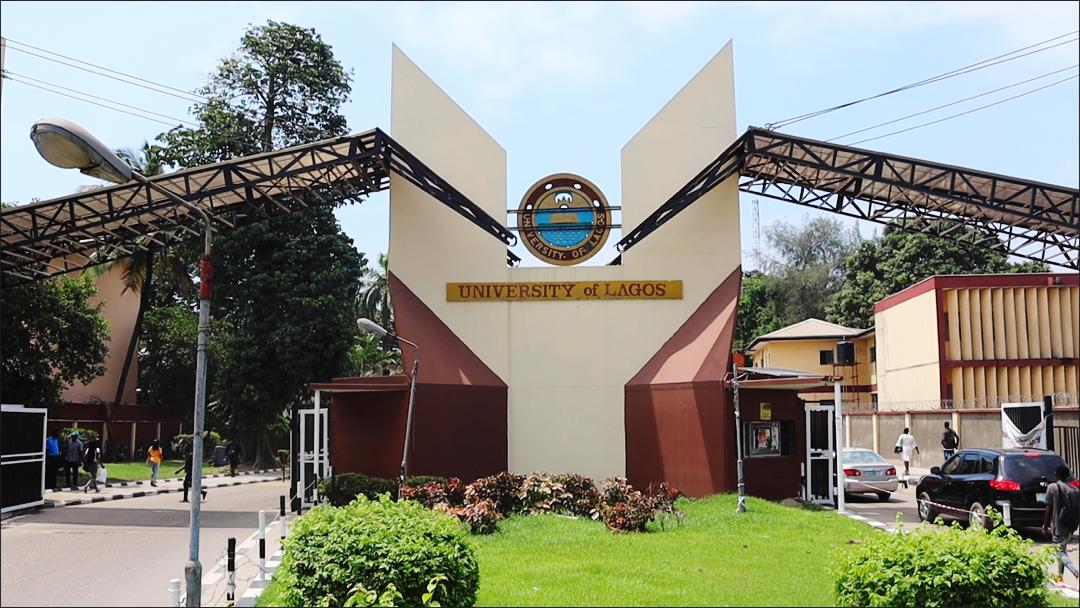Comrade Tola, April 29, 2021.
Years of neglect and neoliberal attacks on the educational sector by the Nigerian ruling class have been a scourge that impedes the academic and intellectual development of Nigerian youth. Nigeria is a signatory to the United Nations and United Nations Educational Scientific and Cultural Organisation (UNESCO) conventions that request member nations to commit each year at least 26% of their resources to education. But successive Nigerian governments’ vote for the education sector has ranged between only 7 to 10 percent. As a matter of fact, the present regime has allocated a meager 5.6% of 2021 budget to education. This has been adjudged as the lowest in ten years.
This has resulted in crises generated by non-payment of teachers, lecturers and tertiary institutions workers’ salaries, and increment in fees in our public schools and institutions. These, among others, have made our public schools and institutions very restive and engulfed with strikes and various forms of students’ agitation. Our institutions are today better described as citadels of crisis.
Academic brilliance is no longer enough to get admission into Nigerian higher institutions of learning. This is because the carrying capacity of the higher institutions in Nigeria is embarrassingly low. In 2019, 1.99 million candidates wrote Unified Tertiary Matriculation Examination (UTME) while the overall carrying capacity of higher institutions in Nigeria is 750,000. This means that, about 1.24 million candidates will not be admitted even if they pass UTME. Instead of increasing this carrying capacity, the Nigerian ruling elite continues to give operational licences to owners of private institutions. It is very significant to note that the number of private universities in Nigeria have increased from three in 1999 to 97 in 2021.
Lack of adequate learning facilities and poor learning conditions have also taken a significant toll on the quality of education currently available in tertiary institutions in the country. Radical students that are genuinely agitating for a change of this situation are being victimized and expelled by the institution administrators who are majorly stooges of the Nigerian ruling elite. Radical students’ union are being proscribed, those not proscribed are mere extension of school administration doing their bidding instead of protecting the interest of the students. Mass majority of students are being deprived of their inalienable rights to associate or bandy together to protect themselves from authoritarian policies by stooges of the state.
To extend the analysis of the crisis in the Nigerian education overboard, to the secondary and primary level- a disturbing decay in terms of infrastructure and facilities reflects the irresponsibility and incapability of the Nigerian state, to play any meaningful role or resolve the crisis in the education sector. The condition of the Nigerian student and youth is analogous to the degradation in the society at large.
A plethora of young people are prone and susceptible to state violence, economic degradation, and the brunts and bruises of the contradictions which are prevalent in the capitalist state. The whole social fabric of Nigeria is in total crisis and in disarray. It is an absolutely impossible task to rescue only education while other social components are totally destroyed. The Nigerian ruling elite is no longer capable of resolving any of these problems. Over six decades of Nigerian Independence have been decades of failure, corruption, ineptitude, incompetence and gross mismanagement. A socialist alternative is mandatory to put an end to the age-long problem of underfunding in the Nigerian educational system, the present ruling elite cannot solve any problem in the Nigerian state, develop human capital, industrialize the country, or even develop the means and relations of production, let alone provide a semblance of panacea to the decrepit educational system. Only a government of the working class with a socialist programme can save Nigeria. Therefore, the struggle to save Nigerian university education is inevitably a struggle to overthrow the present government and install a socialist government of the working class.





